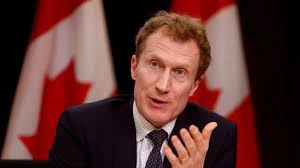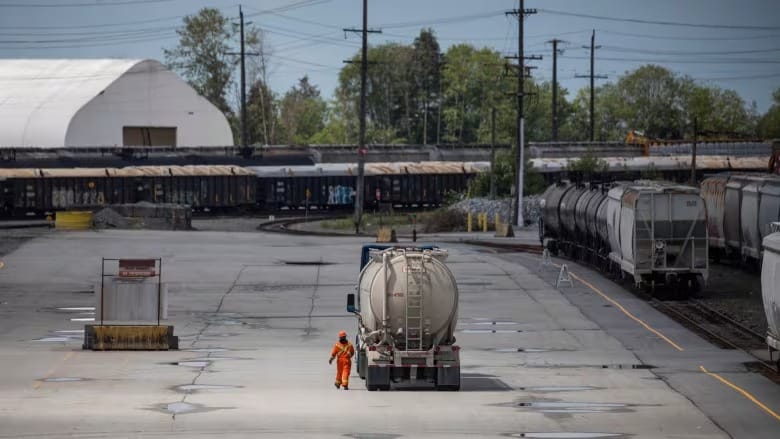Visitors can no longer apply for work permits while in Canada
On Wednesday, Immigration, Refugees and Citizenship Canada (IRCC) ended the COVID-19-era policy that was introduced to help visitors who couldn’t leave the country due to pandemic-related travel restrictions.

The federal government has tightened rules for foreign workers, eliminating the option for visitors to apply for work permits while in Canada due to concerns about misuse.
On Wednesday, Immigration, Refugees and Citizenship Canada (IRCC) ended a policy introduced during the COVID-19 pandemic, which had allowed visitors to apply for work permits within Canada due to travel restrictions.
Foreign nationals may still apply for work permits from outside Canada, and in certain special cases, from within the country.
The temporary policy, which began in August 2020 and was originally set to expire on February 28, 2025, is being discontinued early as part of efforts to manage the number of temporary residents and maintain the integrity of the immigration system, according to IRCC.
This policy shift coincides with Ottawa's broader move to limit the number of low-wage temporary foreign workers in Canada, with exceptions for certain sectors.
Starting September 26, the government will reject applications for low-wage temporary foreign workers in regions where the unemployment rate is 6 percent or higher. Employers will face a cap of 10 percent for low-wage employees under the Temporary Foreign Worker (TFW) Program and a reduction in the maximum employment duration from two years to one, as outlined by Employment and Social Development Canada.
Additionally, in June, the federal government announced that foreign nationals would no longer be able to apply for Post Graduate Work Permits (PGWP) at the U.S.-Canada border. This move aims to curb "flagpoling," a practice where temporary residents avoid normal wait times for immigration services.
A January announcement of a cap on international students is expected to lead to a 35 percent decrease in enrolment in 2024 compared to the previous year.
IRCC's release on Wednesday mentioned that some individuals were exploiting the policy to mislead foreign nationals into working in Canada without proper authorization.
Deputy Prime Minister Chrystia Freeland also addressed these concerns, noting that both the international student and temporary foreign worker programs have faced issues with abuse.
“We see them (international students and foreign workers) as new Canadians who have so much to offer and contribute. That is a great thing about Canada. Having said that, there have been some abuses to the system,” Freeland said to reporters in Toronto on Thursday.
The temporary foreign worker program has expanded significantly in recent years, leading to criticisms about its impact on domestic wages and worker vulnerability. According to Employment and Social Development Canada, the number of temporary foreign worker positions has more than doubled since 2016, following the 2015 federal Liberal election.
Prime Minister Justin Trudeau stated on Monday that while the program aided economic recovery from the COVID-19 pandemic, reduced inflation and higher employment levels now diminish the need for as many temporary foreign workers.
“We need Canadian businesses to invest in training and technology, rather than increasing their reliance on low-cost foreign labour,” he said.





